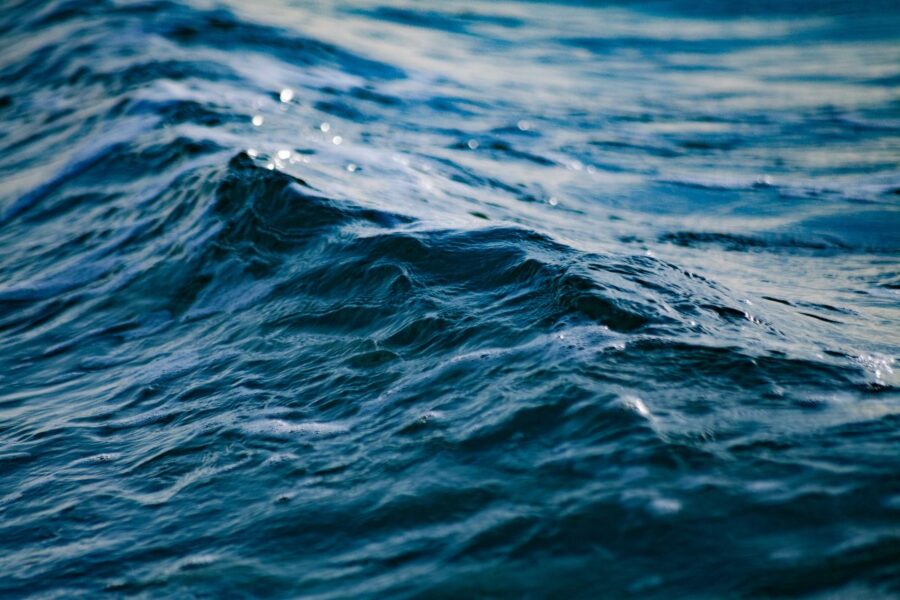In-year quota swap mechanism ‘very helpful’ – but concern about some TACs
The three agreements announced earlier this month between the UK and EU (Fishing News, 17 August, ‘UK-EU deal confirms new TACs and quota swap arrangements’) were welcomed by industry representatives speaking to FN this week.
The deal included a mechanism for ensuring real-time international quota swaps, possibly as often as monthly, and an agreement in principle on managing shared stocks.
An inability to source additional quota for choke species since Brexit, particularly when fishermen were aware from European colleagues that they weren’t restricted in the same way, has been particularly frustrating for skippers.
Davie Anderson, chief executive of the Aberdeen FPO, said he ‘absolutely’ welcomed the announcement of a mechanism for voluntary in-year transfers of fishing opportunities between the EU and UK based on proposals from the industry.
He said that before Brexit there were ‘free-flowing, commercial international swaps – you put in a request and in a few days or a week the tonnage went through’.
There were a few years of ‘stressful hiatus’ after Brexit, but then the situation gradually got better and from last year, swaps were made on an agreed basis from April.
“That seems to have become the standard way of doing things now,” he said.
“The difference between now and then is that the Scottish government want a bit more information on the reason why you are doing the deals, rather than just accepting it as something that’s performing a useful task. They want to make sure you’re not doing something that might be detrimental to the greater good.
“Two years ago there was a lot of interference but there’s not so much now – they are more engaging.
“I absolutely welcome the announcement. I don’t think for one second we’ll go back to the old ways – this system seems to work OK. Hopefully things can continue in a business-like fashion, because that’s what keeps the wheels greased.
“Brexit and the TCA made a bit of a mess of leaving the EU in terms of fisheries, but at least now we have a mechanism that will repair some of that damage.”
He said of more concern are the new TACs for lemon sole, brill, turbot and witches. The UK-EU agreement had followed scientific advice, and as a result was splitting what had previously been multi-species TACs into singles-species quotas, creating difficulties with assigning track records and potentially introducing new choke species.
“It means the TAC is going to have to be split up between all the different nations. It’s going to be interesting to see what they actually do,” said Davie Anderson.
Mike Park, chief executive of the SWFPA, also welcomed the quota transfer announcement, saying it ‘crystallises a system everyone wants in place, so that should be helpful to the sector’.
However, he also expressed concern about the new TACs and the possible implications for quota shares.
“If you take witches for example, the amount that’s been allocated to IIIa (Skagerrak) would seem to be more than has been landed from IIIa relative to the North Sea, so there is a concern for us that all things being equal we could possibly run short of witch quota. So we will be watching these developments very closely,” he said.
The ICES advice on lemon sole, brill, turbot and witches was provided to the EU and UK after a joint request by the two parties in 2022. It updates work last completed in 2018 that looked at the impacts of TACs on landings and effort for the four species, and provides advice on the state of the stocks. The full report is available here.
Allocation of fishing opportunities as a result of the changes are to be based on 2011- 2020 recorded catches.
This story was taken from the latest issue of Fishing News. For more up-to-date and in-depth reports on the UK and Irish commercial fishing sector, subscribe to Fishing News here or buy the latest single issue for just £3.50 here.
Sign up to Fishing News’ FREE e-newsletter here.








